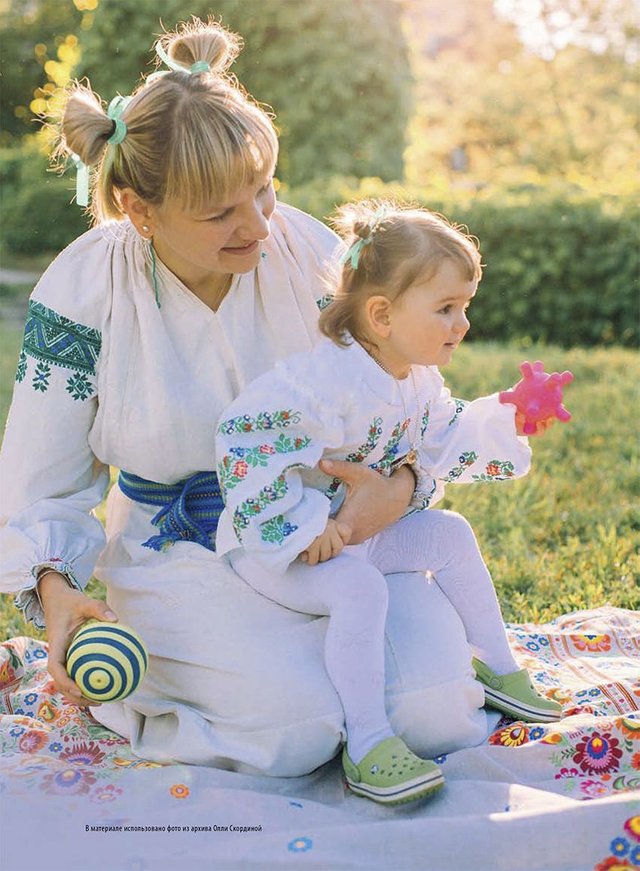A child who, out of fear of being punished, out of guilt, shame, despair or ignorance, always does what he is told, usually called obedient. This behavior is completely contrary to children's nature - the child is simply intimidated by adults. What kind of obedient child is he really?
An obedient child is a small person who listens and hears his parents because he wants it, because it is pleasant, because he is also listened and heard. Everything is simple. The parent listens and hears the child, and the child listens and hears the parent. An obedient parent has an obedient child. It is not necessary to listen and hear everyone, but this skill, very important in life, must be formed in childhood.
Parent example
How to help your child learn to hear? Only by example. And you need to carefully observe to determine the "language" in which he can hear, understand and accept what his parents say as something important, necessary, real, and not oppressive, restrictive or humiliating.
Are you sure you hear your baby? To listen and hear does not mean to fulfill all the whims, to allow everything and to live without rules. This means treating yourself and the child with respect, balancing between “necessary” and “want”, giving the child the feeling “you are important, loved and needed, even if I do not fulfill all your desires.”
A story from our life with my daughter Alice:
Alice does not want to go home from the site. I call her - she does not go. I want to take her away - she screams. What am I not hearing? Maybe it’s important for her to finish off two more of the little ones; maybe she doesn’t understand why to go home; maybe she needs another five minutes to say goodbye to friends? I can turn around and leave, I can scold at everyone, but I can sit next to and listen carefully.
I listen and try to find out the answers to my questions.
“Alice, how much longer do you need to get home?”
Seven minutes.
Good. Then I start the alarm, and when it rings in seven minutes, we go home, okay?
Good.
Then have fun, play out and say goodbye to friends.
Seven minutes pass. The alarm rings. I still don't know if I heard Alice correctly with my third ear. I check.
“Alice, do you hear the alarm ringing !?” Pack your things. Let's go home.
Alice calmly collects her toys and joyfully runs to me. Fine! I heard her, and she - me.
I found one key to the child. Of course, it may not work in a different situation, but there is still a chance.

Force fullness
The child hears you more than anyone else, because you are the one with whom it is safe, who hears it better than others, who can be opened, whose voice is more important. You are the person who fills the child.
To fill does not mean to seduce, appease, to resolve everything. Filling - it means giving the child enough love, acceptance, trust and understanding so that he has the confidence that he is worthy, loved, talented, important, and that the outside world with all the dangers, threats, cruelty cannot knock him down .
To fill, you need to see in time what is amazing what the child does: he dresses, folds toys, wash his hands or draws on the wall, spills water on the floor, spreads food on the table, resists, does not obey ... In any case, he needs support, confidence that you are close and know that he is studying the properties of objects, trying to violate your boundaries and defend your own. Your task is to show him that you are glad to be with him, that he and his development are more valuable to you than a wall, floor, dishes, a headache, a half-hour ringing in your ears. To fill a child, you need to be able to accept him in the most terrible behavior and, despite your condition and mood, continue to love.
Another story from our life with Alice: Alice wants to take my wallet and scatter its contents around the apartment. I do not allow. She sobs and screams so loudly that a ringing appears in her ears.

At this moment I can reject, but I can accept. I choose the second. I sit on the floor near the sobbing Alice and look into her eyes. They have so much pain. I sympathize with her very much, but I don’t give a wallet. I reach out to her, as if inviting her to dive into my arms:
“I understand that it hurts and offends you.” You're angry. I love you. I want to hug you. Alice cries, clenches her fists, stamps her feet. I sit across and wait. And at one point she rushes into my hands and clings to my chest.
I hug her tightly and she calms down. It is possible to love even when it seems that it is impossible to love. Fill and hear that Alice actually needs my love more than a wallet.
Learning to hear
When a person is only two years old, he often cannot explain his feelings, express his condition with words. That is why it is important that the parent at such moments hears with his heart, helps to understand what has happened, to name feelings and to figure out what to do with them.
If ice cream falls into the sand, the child grieves and is upset. One must believe that for him this is indeed so. And instead of saying, “It's okay,” say, “I understand you, it hurts you.” There is no need to do anything, just let the child cry and not fall into feelings. Be close, support.
That for us adults is nothing, for children - questions of universal importance!
Choosing to listen and hear, we receive a reward of gratitude - they also listen to us and hear. If we do the opposite, then we get the "opposite" - with any choice there will be consequences.
Parents are living people, and they do not always act perfectly. Sometimes we can spank, shout, leave, grab a hand and pull home ... But we are also able to unconditionally love, accept infinitely, hear with our hearts. Everyone makes a choice. What do you choose?